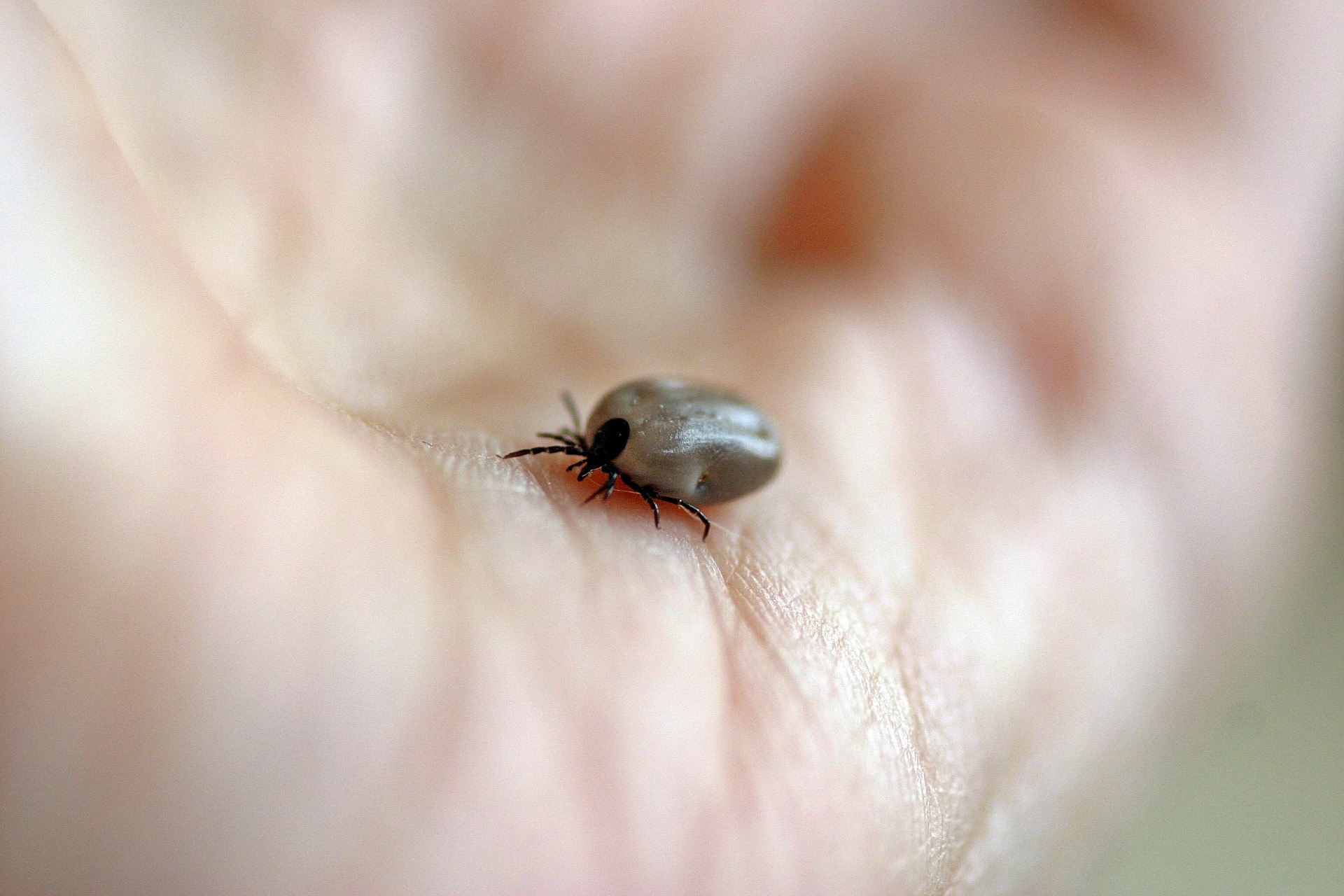There are more than 20 species of ticks in British Columbia and the insects are starting to rear their ugly heads.
According to the province although the bites are sometimes painful and slow healing, there is little danger of disease as long as they are removed promptly.
They can be tricky to remove because they attach themselves to their host, which can be a pet or a human, with small, barbed mouthparts.
Ticks are most safely and effectively removed with tweezers using a slow and gentle pull without twisting and that should ensure the mouthparts of the critter are removed.
As far as protection against tick bites in the first place, the province says wear high boots and tuck your pants into your socks, tuck your shirt into your pants.
Commercial insect repellents containing DEET should help repel the ugly bugs too.
If you or your pet has been outside, do an examination for ticks and pay particular attention to the pubic area, the base of the skull and scalp.






